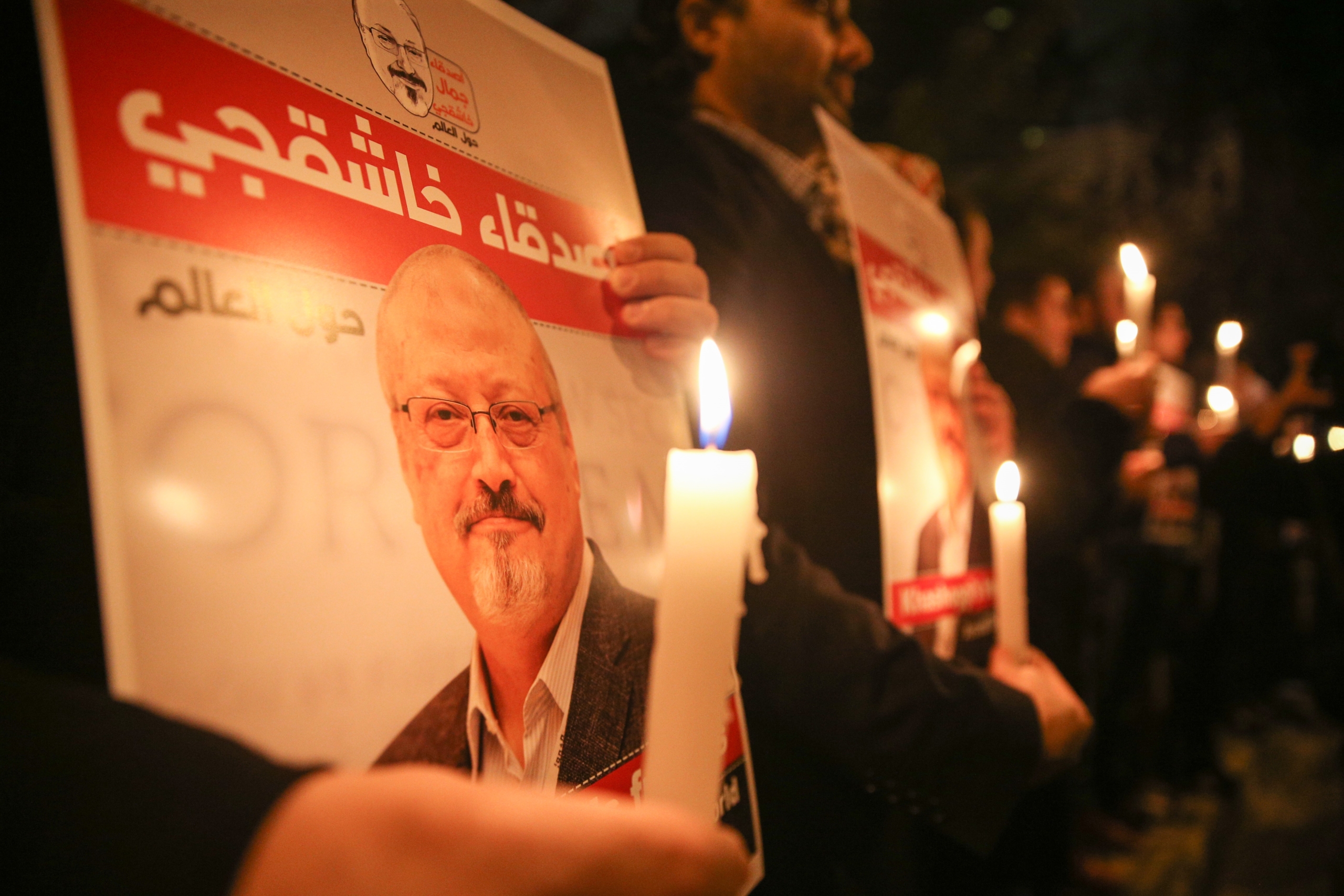Sign up for the daily CJR newsletter.
A few months ago, as Jasmine Bager was reading Jamal Khashoggi’s opinion pieces in The Washington Post, she thought to herself, He is probably not planning to go back to Saudi.
Like Khashoggi, Bager grew up in Saudi Arabia and was taught from an early age to dread the stern rule of the government. “Fear was taught as part of the curriculum in our school,” Bager, a freelancer who has written for The New York Times, HuffPost, and other publications, says. “I always had a fear of speaking out and angering the authorities.”
Twenty-three days have passed since Khashoggi entered the Saudi consulate in Istanbul to complete paperwork required to marry his fiancée, who is Turkish. He never emerged, and his case—now accepted as a murder—has focused a spotlight on the difficulties of reporting on Saudi Arabia. Reporters say that it’s always been challenging to write from inside—or even about—the kingdom, but Khashoggi’s death has globalized awareness of the risk, as reporters living outside Saudi Arabia are now saying they’re more apprehensive than ever about doing their jobs.
Saudi Arabia has long had a history of abuse, arrests, and crackdown of voices that are critical of the ruling regime. Journalists who work there learn that sticking to the government’s narrative is a part of the job; the alternative can be jail, a travel ban, or house arrest. In the past year especially, after Crown Prince Mohammed bin Salman (MBS) consolidated power, the situation has grown worse; according to Reporters Without Borders, hundreds of activists have been arrested and nearly 15 journalists are currently in jail.
In the summer of 2018, Sarah Aziza, a freelance writer, was in Saudi Arabia reporting on the government lifting its ban against women’s driving. Aziza, who was working with the Pulitzer Center on Crisis Reporting, at first saw national euphoria, but then a source—a woman who had sought driving rights—was told by authorities not to speak to the press. “People I interviewed contacted me and requested to go off the record,” she says. When Khashoggi went missing, she tried checking up on them. “My sources have stopped replying to me on WhatsApp and their Twitter accounts have gone dark,” she says. Even if they’re safely settled in America or elsewhere, she adds, “nearly all of them have families back in the kingdom.”
Related: The challenge of reporting the Khashoggi story
There is a renewed sense of urgency among Saudi journalists to think through what Khashoggi’s killing will mean for practicing honest journalism in the Arab world. In the days following his disappearance, the Saudi government circulated a reminder of its law against cyber crime: sharing rumors, propaganda, or “fake news” could mean five years in prison and up to $800,000 in fines. “Since MBS came into power, he has made it very clear that he will not accept any kind of independent thinking,” Rami Khouri, a syndicated columnist and a professor of journalism at the American University in Beirut, says. “It has never been this bad.”
Bager, who has been working in the US for six years, has never stopped being afraid. “We don’t have the luxury to just say whatever we want because there are consequences, real consequences for saying anything,” she says. She tries to keep a low profile online because she feels that’s what’s best for her safety and that of her family, who still live in Saudi Arabia.
Recently, however, she decided to publish a tribute to Khashoggi in Time magazine, writing “Let us not allow Khashoggi’s life to end in vain. Although prompted by tragedy, dialogue is what I have wanted my whole life.” She wrestled with her response, she says. “I was afraid that my intentions and writing could be taken in a wrong sense.”
Afterward, she cancelled a planned trip home. Even though her article didn’t go beyond what has been reported about the Khashoggi case by others, she says she believes that she has to take precautions if she wants to continue working as a journalist. “I am at a risk of getting interrogated or stopped at the immigration,” Bager says. “I am trying to be smart and I need those extra layers of buffer in order to survive.”
Her fears were justified—in response to her piece, she received several notes of support, but she also got a direct message on Twitter saying, “You have to be careful, you can be next.”
Related: Why Trump doesn’t care about Jamal Khashoggi
Has America ever needed a media defender more than now? Help us by joining CJR today.







